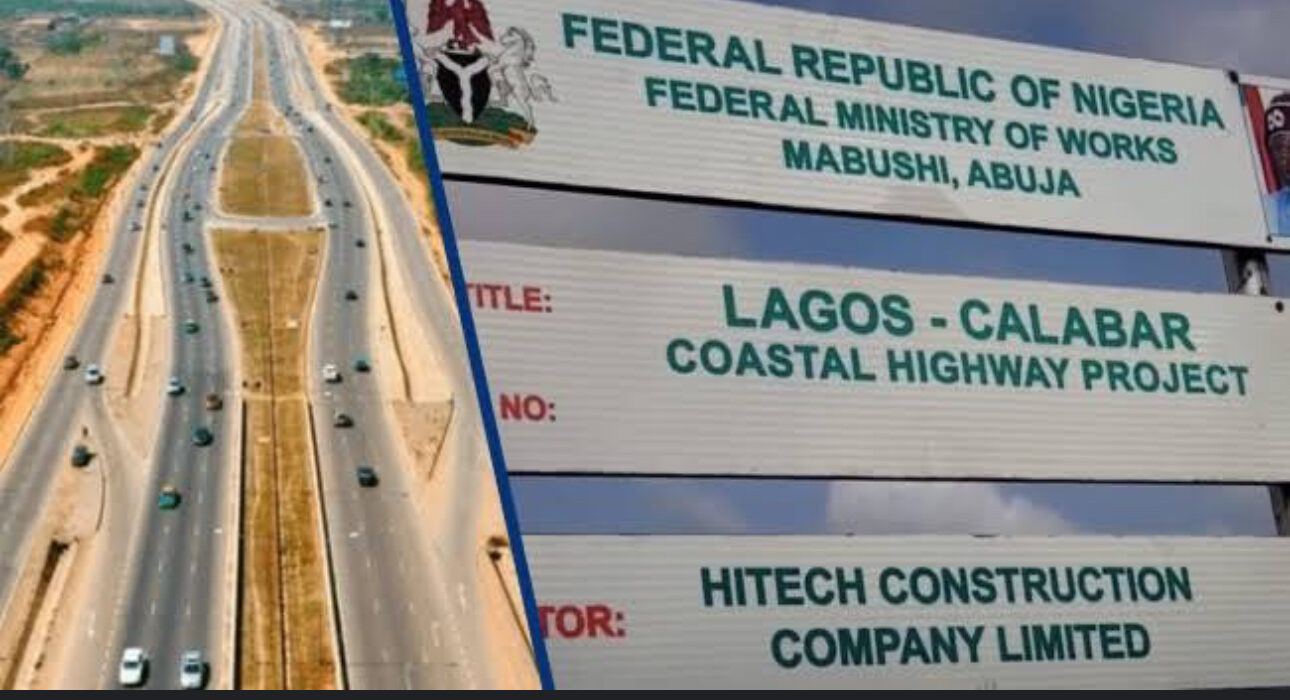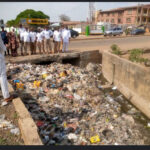Federal Government to Demolish 700 Houses for Lagos-Calabar Coastal Highway Project

The federal government has made plans to demolish approximately 700 houses in line with its ambitious Lagos-Calabar Coastal Highway project, a massive infrastructural development aimed at enhancing connectivity between Lagos in the southwest and Calabar in the southeast.
The more than 700-kilometer highway is slated to enhance economic activities, transportation links, and regional growth. However, the project has been a subject of great controversy, particularly in regard to compensation for displaced property owners.
The Lagos-Calabar Coastal Highway project involves the acquisition of massive land and properties for demolition along its intended path, and there are several such areas.
Government officials have confirmed that the preliminary figure of 750 properties earmarked for destruction will be brought down to roughly 490 depending on alignment changes of the highway. Demolition involves houses belonging to successful business enterprises like the Landmark Group, with its Landmark Beach Resort being located in Lagos.
The project will radically change the face of Lagos and the surrounding region, but it comes with a lot of disruption to individuals and businesses along the route of the highway.
Although the government has made compensation packages for the affected people, many of the owners of properties are not satisfied with the amount being offered.
The government has allocated N2.75 billion for the first phase of compensation for properties along the 0-3 kilometer section of the highway. But the owners of properties say that the compensation is not enough compared to the market value of the properties, which they say were constructed at significant expense.
For instance, the owner of Leisure Games, Olanrewaju Ojo, was paid only N1.3 million for his razed property, a figure he said was “unfair” and “insufficient” compared to the initial investment. Most of the owners of such properties have also complained in the same manner, doubting the fairness and adequacy of the government’s compensation policy and demanding fair and transparent assessment by the current market rates.
Following the dissatisfaction, the Coalition for Land Rights Advocacy in Nigeria (CLARAN) wrote to the government, requesting the revision of the government’s policy on compensation. Compensation, it is argued, must be by way of market values of properties as Nigerian law requires. It further requests that the federal government should take an open and more participatory posture so that losses suffered by such persons and business are fairly compensated.
The compensation battle has led to litigation, with some property owners trying to sue the government in an attempt to negotiate better terms.
Despite the problems over compensation, the Minister of Works, David Umahi, has come to the defence of the Lagos-Calabar Coastal Highway project as a flagship infrastructure project for Nigeria. The project, according to Umahi, is aimed at providing opportunities for jobs, stimulating economic growth, and improving the transport infrastructure of the country, particularly in stimulating tourism and intra-regional trade.
Umahi assured the public that the compensation scheme by the government is fair and consistent with the practices used for other comparable projects. He was adamant that the highway was a long-term investment necessary for the country and that its benefits would be greater than the temporary inconvenience brought by the demolitions of properties.
House demolition along the route of the Lagos-Calabar Coastal Highway is raising deep concerns about the likely economic effect on adjacent communities. The critics are of the opinion that the project will lead to the loss of employment, particularly among small businesses in such spheres as hospitality, leisure, and retail. The destruction of the houses will displace over 4,000 workers and the livelihood of a large number of families.
Ex-Governor of Anambra State Peter Obi has raised an alarm about the likelihood of large scale job losses in affected communities. Obi warned that compensation for owners of property displaced may not be enough to sustain their financial livelihoods against such losses.
Notwithstanding this, the other communities have received the project more warmly, with the Okun-Ajah community praising the government for deciding to re-route the highway in order to save thousands of residents from being displaced. Rerouting the highway has been hailed as a positive step to protect the community and the country’s cultural heritage.
The Lagos-Calabar Coastal Highway development is a major infrastructural leap for Nigeria with the potential to revolutionize regional connectivity and unlock economic growth. But it has also raised necessary questions about property rights, compensation, and socio-economic impact on people displaced and businesses.
As the central government goes ahead with the project, it will have to manage the conflict between long-term benefits from improved infrastructure and short-term demands of those evicted by the demolitions. Ongoing engagement and fair compensation policies will be critical in seeing to it that the benefits of the project are distributed fairly and that the concerns of all the stakeholders are considered.









